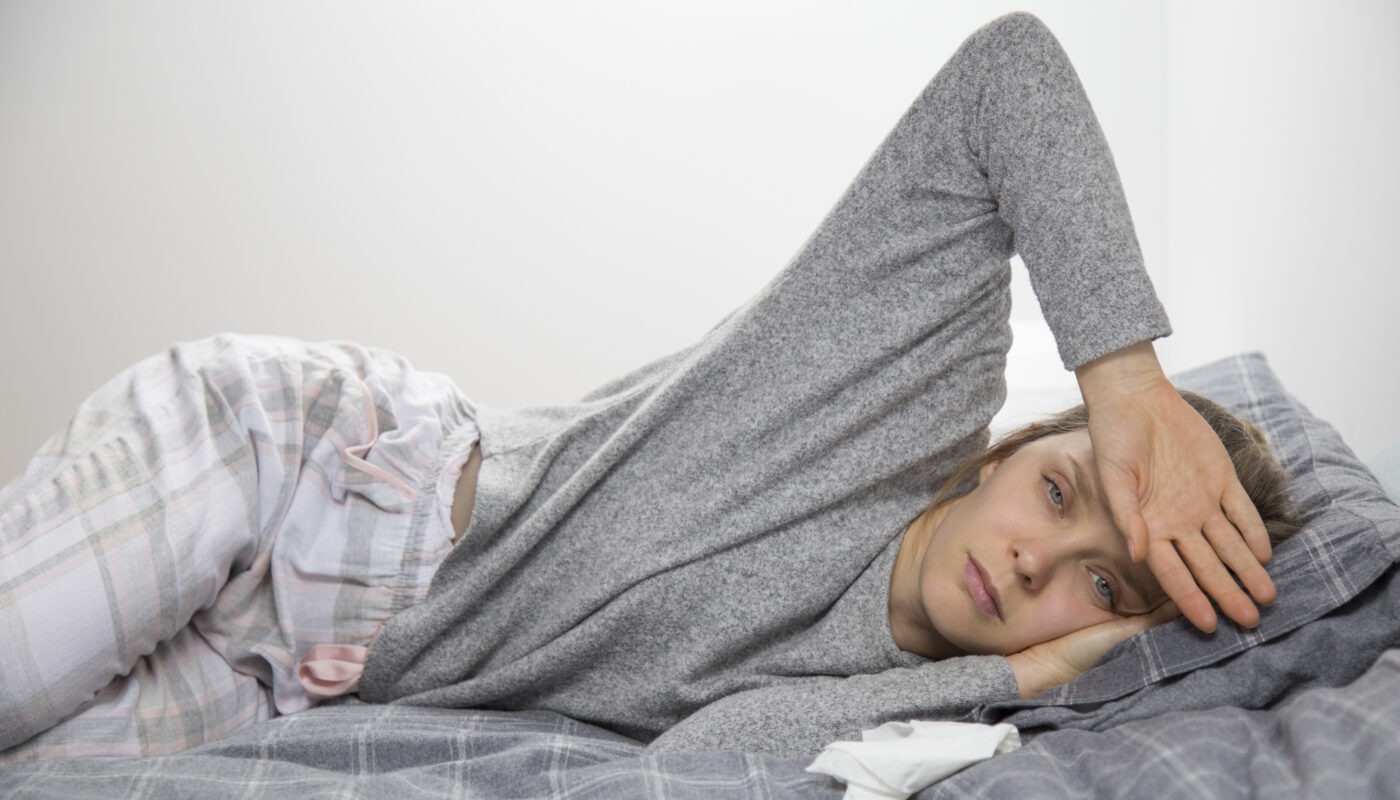Muscle cramps are sudden, involuntary contractions that can be painful and disruptive. While they are often associated with dehydration, overexertion, or nutritional deficiencies, there’s another significant yet less explored factor: sleep. Poor sleep quality can exacerbate or even cause muscle cramps, creating a vicious cycle of discomfort and fatigue. Understanding the relationship between sleep and cramps can help you take proactive steps to improve both.
The Connection Between Sleep and Muscle Cramps
For general health and muscular repair, sleep is crucial. During deep sleep, the body repairs damaged tissues, regulates hormone production, and balances electrolytes—all crucial for muscle function. Poor sleep can interfere with these processes, increasing the risk of muscle cramps.
1. Reduced Muscle Recovery
When you don’t get enough restorative sleep, your muscles are less likely to recover from the day’s activities. This can lead to stiffness, tension, and an increased likelihood of cramping.
2. Disrupted Electrolyte Balance
Sleep deprivation can alter hormone levels, such as cortisol, which can affect electrolyte balance. An imbalance of essential minerals like magnesium, potassium, and calcium may contribute to muscle cramps.
3. Increased Nervous System Activity
A lack of sleep can overactivate the nervous system, making muscles more prone to involuntary contractions. This heightened state of arousal can trigger nocturnal cramps, particularly in the legs.
Causes of Poor Sleep Leading to Cramps
Several factors can cause poor sleep and contribute to muscle cramps:
Stress and Anxiety
Stress can lead to both poor sleep and muscle tension. High stress levels often cause people to sleep poorly, and the resulting tension in the muscles can manifest as cramps.
Sleep Disorders
Conditions like insomnia, sleep apnea, and restless leg syndrome can disrupt sleep quality and contribute to muscle discomfort.
Dehydration
Failing to hydrate adequately before bed can lead to nighttime cramps. Dehydration is more common in people who sleep poorly, as they may not establish healthy hydration habits.
Nutritional Deficiencies
Poor diet or absorption issues can lead to deficiencies in key electrolytes like magnesium and potassium, increasing the likelihood of cramping.
Inactivity Before Bed
A sedentary lifestyle, particularly in the hours leading up to sleep, can cause muscles to become stiff and more susceptible to cramps.
Nocturnal Leg Cramps: A Common Sleep Disruption
One of the most common types of cramps related to poor sleep is nocturnal leg cramps. These are sudden, intense muscle spasms that occur in the calf, foot, or thigh during the night. They can wake you up from a deep sleep and leave your muscles sore for hours.
Risk Factors
- Age: Older adults are more prone to nocturnal leg cramps.
- Medications: Certain medications, like diuretics or statins, can increase cramp risk.
- Medical Conditions: Conditions like diabetes, peripheral artery disease, and neurological disorders are linked to nocturnal cramps.
Improving Sleep to Prevent Muscle Cramps
Muscle cramps might be considerably less frequent and less severe if inadequate sleep is addressed. Here are strategies to improve your sleep quality and muscle health:
1. Hydrate Before Bed
Drink a moderate amount of water in the evening to prevent dehydration. However, avoid overhydration, which could lead to frequent nighttime trips to the bathroom.
2. Balance Electrolytes
Incorporate foods rich in magnesium, potassium, and calcium into your diet. Bananas, spinach, almonds, and dairy products are excellent choices. If necessary, consider a supplement, but consult your healthcare provider first.
3. Stretch Before Sleeping
Gentle stretching before bed can help relax muscles and reduce the risk of cramps. Focus on the calves, hamstrings, and feet.
4. Maintain a Consistent Sleep Schedule
Even on the weekends, make sure you go to bed and wake up at the same time every day. This helps regulate your circadian rhythm, promoting deeper and more restorative sleep.
5. Create a Sleep-Friendly Environment
- Keep your bedroom cool, dark, and quiet.
- Invest on cozy bedding and a sturdy mattress.
- Limit screen time before bed since blue light can interfere with the generation of melatonin.
6. Manage Stress
Incorporate relaxation techniques such as deep breathing, meditation, or yoga into your evening routine. Reducing stress levels can improve sleep quality and reduce muscle tension.
7. Limit Stimulants
Avoid caffeine, nicotine, and heavy meals in the hours leading up to bedtime. These may make it more difficult for you to get to sleep and stay asleep.
When to See a Doctor
If muscle cramps persist despite improving your sleep and hydration habits, it may be time to consult a healthcare provider. Chronic cramps can sometimes indicate underlying medical conditions, such as:
- Peripheral Neuropathy: Damage to the nerves can lead to increased muscle cramps.
- Hormonal Imbalances: Conditions like hypothyroidism or hyperparathyroidism can affect muscle function.
- Medication Side Effects: Some drugs, such as diuretics or statins, can cause cramps as a side effect.
Your doctor may recommend tests to identify the root cause and suggest treatments such as physical therapy, medications, or dietary adjustments.
Alternative Remedies for Sleep and Cramps
In addition to lifestyle changes, certain alternative remedies may help improve sleep and alleviate muscle cramps:
Epsom Salt Baths
Soaking in a warm bath with Epsom salts can relax muscles and replenish magnesium levels, potentially reducing cramps.
Essential Oils
Aromatherapy with lavender or chamomile essential oil can promote relaxation and improve sleep quality.
Acupressure
Applying pressure to specific points on the body may help relieve muscle tension and improve circulation, reducing the risk of cramps.
Herbal Teas
Teas containing chamomile, valerian root, or passionflower can have calming effects that promote better sleep.
The Science of Sleep and Muscle Health
New studies emphasize the intricate relationship between muscle health and sleep.Studies suggest that poor sleep disrupts the body’s ability to regulate inflammation, which can exacerbate muscle soreness and cramping. Additionally, sleep deprivation affects the production of growth hormone, which plays a key role in muscle repair and recovery.
Conclusion
Poor sleep can be a significant factor in causing or worsening muscle cramps. By understanding the connection between sleep quality and muscle health, you can take proactive steps to break the cycle of discomfort and fatigue. Simple lifestyle changes, such as staying hydrated, stretching before bed, and managing stress, can make a significant difference. If cramps persist, consult a healthcare professional to explore underlying causes and tailored treatment options.
A good night’s sleep is not just essential for your overall well-being but also for maintaining healthy muscles. By prioritizing rest and adopting strategies to improve sleep quality, you can reduce the occurrence of muscle cramps and enjoy a more comfortable, restful life.



